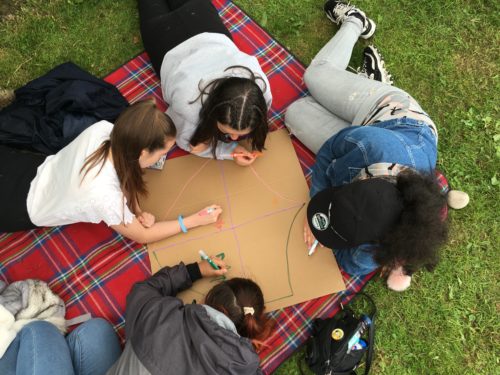
Helping children make a good start at secondary school
UK
E:merge supported Care Experienced Young People to transition to secondary school
Through their Preventative Support project for Care Experienced Young People, E:merge supported children to ensure they avoided the dip in wellbeing and progress which is often seen in the most vulnerable young people during their first year of secondary school.
They worked with 20 children a year for three years, in Bradford, UK and supported them during transition, including with 121 work and relevant group interventions to address particular needs during their first year of secondary school.
When Covid school closures disrupted the final year of their programme, they extended informal support into the summer holidays and beyond, set up remote digital means of support when necessary. Extra funding from BFSS as part of our Covid19 response meant they could also offer dedicated support time to those who had missed out on schooling.
Project outputs
- 82 young people who were thought to be at risk supported
- 220 indirect beneficiaries including carers and family members, school staff and social workers
- By E:merge advocating for young people and highlighting needs, school staff are able to pick up on issues faster and develop better working relationships with the young people
Outcomes
- 75% of young people supported increased their attendance in Year 7 from Year 6
- 78%% of young people supported made expected, or better than expected progress
- All showed an increase in their wellbeing in school and all except one increased friendships
- Opinions of home life generally improved
- 30% and 45% become involved in ongoing community based activities, and 50 to 55% in positive activities generally.
“I had kept in touch on Zoom but consistency is really important for our young people, and with so many changes taking place Bobby had started to show signs of the struggle and this was causing him to disengage on return to school. School contacted me and I created space for him to discuss these changes in therapeutic ways, to think about how they affect his life and then manage his response to them. He has started to settle back into school better and is even starting to enjoy some of his lessons again. His carer is seeing this too and is happy to hear the progress from the school.”
